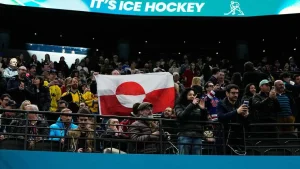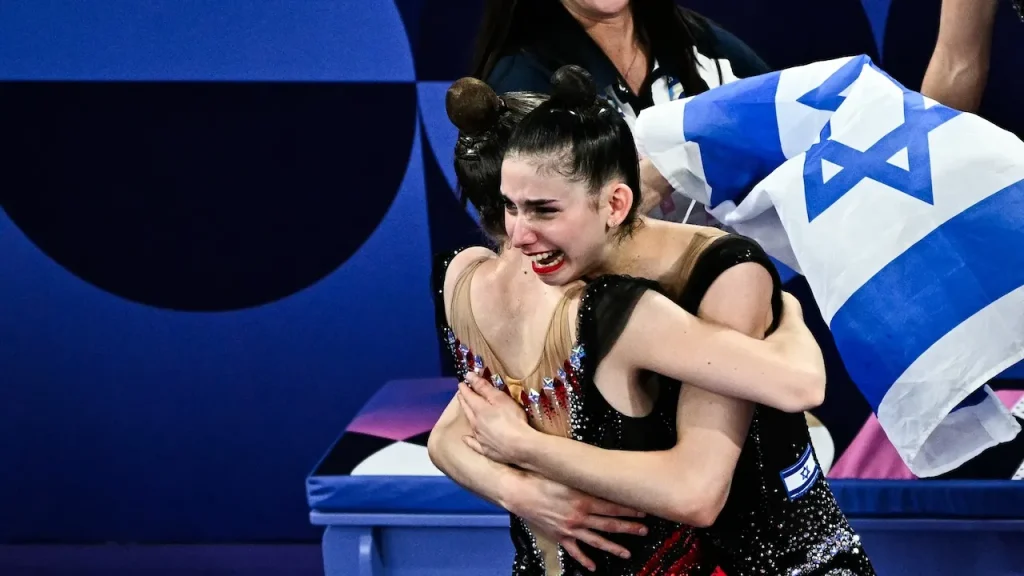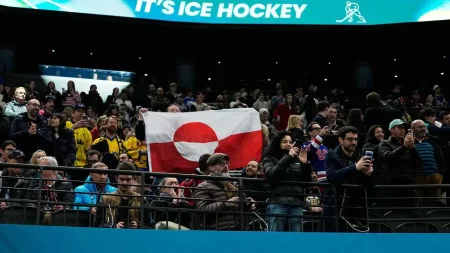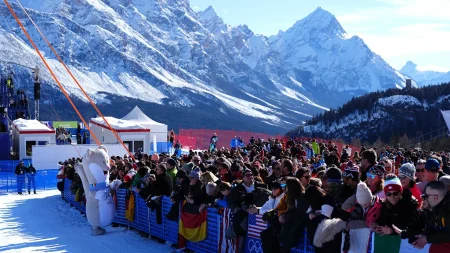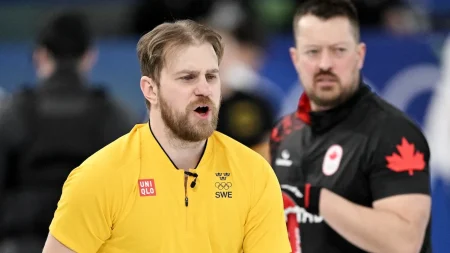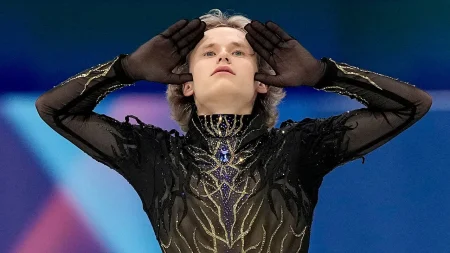Gymnastics Championship in Indonesia Raises Questions of Sports and Politics
In a controversy that has captured global attention, the Indonesian government’s denial of visas to the Israeli national gymnastics team has sparked serious debate about politics in sports. As the 53rd FIG Artistic Gymnastics World Championships prepared to open in Jakarta, International Gymnastics Federation (FIG) President Morinari Watanabe addressed the situation at a press conference, acknowledging the International Olympic Committee’s concerns. “Sports is separate from politics. All athletes have an equal right to participate in sports events,” Watanabe stated, referencing the Olympic Charter. Despite this principle, the reality proved more complicated as Indonesian authorities cited security concerns rather than political motivations behind their decision.
The situation highlights the growing challenge of maintaining sports as a neutral ground in an increasingly complex global landscape. FIG Secretary General Nicolas Buompane revealed that specific threats from Indonesian groups opposed to Israel’s participation had been reported. “It’s true that there have been some groups here in Indonesia that were not happy to see the delegation of Israel coming and then made threats,” Buompane explained. This isn’t an isolated incident—he pointed to similar disruptions at the Tour de Spain and various soccer matches involving Israeli teams in recent months. The FIG leadership expressed deep regret at being unable to protect the Israeli athletes’ participation rights but acknowledged the host country’s sovereignty in making security determinations.
The International Olympic Committee took a stronger stance, directly condemning Indonesia’s decision in a formal statement. “All eligible athletes, teams and sports officials must be able to participate in international sports competitions and events without any form of discrimination from the host country,” the IOC declared, emphasizing the fundamental principles of non-discrimination, autonomy, and political neutrality that govern the Olympic Movement. The committee further stated that host countries have a “direct responsibility” to ensure these principles are respected and that athletes “must not be held responsible for political decisions.” The IOC indicated it would address this matter with Indonesian officials at its next meeting.
For the Israeli team, the visa denial represents more than just a missed competition opportunity—it strikes at the heart of what international sport represents. The Israel Gymnastics Federation expressed its profound disappointment, stating: “The rules are clear, and Indonesia’s actions constitute a blatant violation of them. It is inconceivable that a country can bar another nation from competing in a World Championship while the governing bodies stand by.” Their appeal to the Court of Arbitration for Sport was rejected earlier in the week, leaving the team without recourse and unable to participate in the championships that they had trained extensively for.
This isn’t Indonesia’s first controversy regarding Israeli athletes. The country was previously stripped of its right to host football’s Under-20 World Cup when the governor of Bali refused to host Team Israel in a game. This pattern raises questions about whether international sporting bodies have sufficient mechanisms to enforce their non-discrimination policies when host countries make decisions based on political or security concerns. The FIG leadership’s careful response—expressing regret while acknowledging Indonesia’s sovereignty—demonstrates the delicate position sporting organizations find themselves in when principles of inclusion clash with host nation prerogatives.
As the gymnastics championships proceed without Israeli participation, this incident serves as a stark reminder of sport’s complicated relationship with global politics. While sporting federations continue to advocate for the separation of athletics from political disputes, the reality on the ground often proves more nuanced. The situation leaves athletes caught in the middle of geopolitical tensions, raises questions about the enforcement of international sporting principles, and challenges the global sporting community to find better ways to protect all athletes’ right to compete regardless of nationality. As Secretary General Buompane summarized the federation’s efforts: “The last days have been difficult, but we did everything we could… and then, at a certain point, you end in a situation where there is nothing more you can do.”
